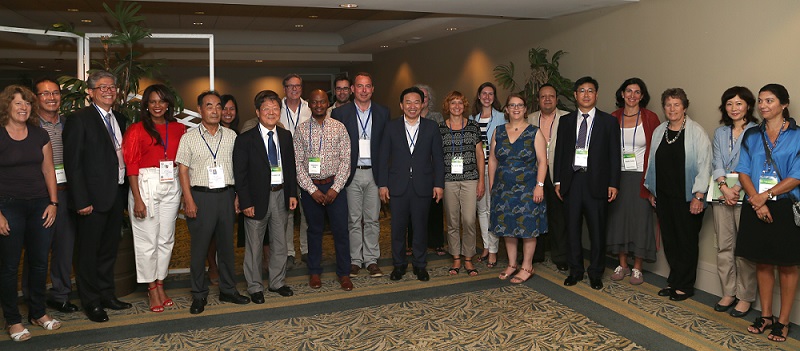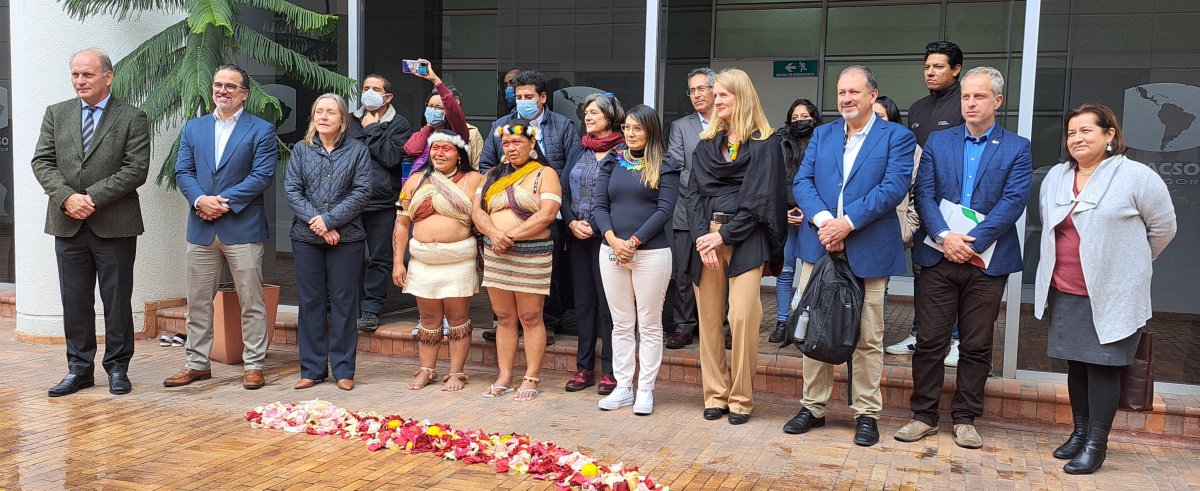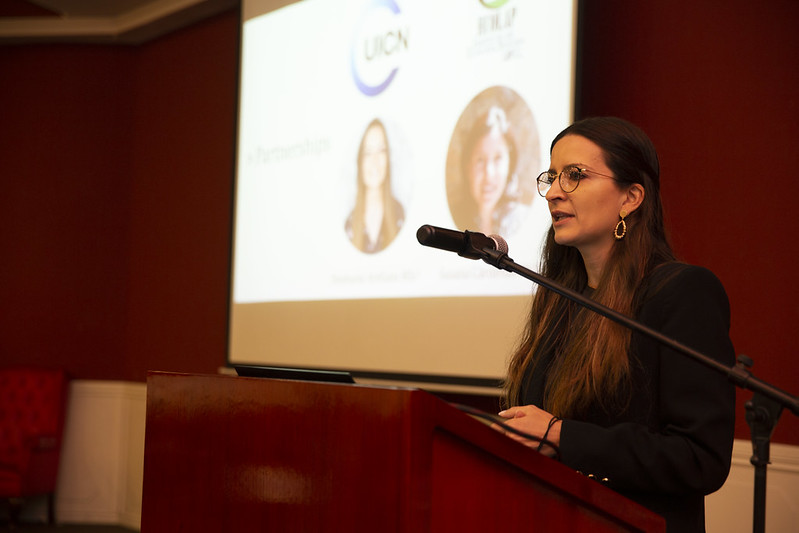Supporting the implementation of nature-based solutions at the subnational level
Subnational governments play a vital role in conserving ecosystems and promoting sustainable development. Cities and regions around the world have taken the lead in demonstrating their commitment to sustainable urban development by investing in, and restoring ecosystems. Support is needed in order to increase awareness and upscale these examples and mainstream nature-based solutions across sectors and policy areas.

Photo: Yoon So Jung
The World Environmental Hubs (WEH) is a global initiative led by IUCN and the Jeju Government to establish a system for recognising cities and regions which place environmental sustainability, biodiversity, and ecosystem services at the heart of urban and regional development. Based on a resolution adopted at the IUCN World Conservation Congress 2012 in Jeju, WEH aims to help subnational governments embrace nature-based solutions as a way of tackling global challenges such as climate change, and provide them with a platform for knowledge exchange and learning.
On 31 August 2016 members of the World Environmental Hubs Steering Committee and Working Group met jointly to discuss achievements and next steps towards developing the WEH standard. Representatives from Jeju, Panama, South Australia, Morelos, Catalonia, State of Hawai'i and Aichi, as well as international organisations and NGOs (including ICLEI, WWF, WRI, IASS, UNOSD, Nature Assisted Health Foundation, Ecocity Builders, Instituto Libertas, Grupo Verde, the IUCN Environmental Law centre and IUCN Commission representatives) highlighted the value of WEH in supporting subnational governments to integrate nature-based solutions within their urban and regional planning and policymaking and the significant benefits this could bring for people and nature.
The meeting was followed by a WEH Workshop at the IUCN World Conservation Congress in Hawaii on 3 September. This session provided an opportunity to present the initiative to the IUCN constituency and to share subnational success stories related to nature-based solutions, such as Catalunya’s commitment to developing a regional Green Infrastructure Plan, and South Australia’s commitment to promoting ecotourism and creating protected areas for species conservation and coastal protection. Developing a system that will help to replicate these types of examples requires a bottom-up approach, close collaboration with local stakeholders and the support and involvement of national governments, international environmental organisations, the private sector, scientists and NGOs.
Building on the momentum created by the World Environmental Hubs initiative and the IUCN World Conservation Congress 2016, the next steps will be to engage a broad range of stakeholders to develop a roadmap to determine the key elements for the design of the WEH standard as well as the business case for its operationalisation. The IUCN coordination team, led by Chantal van Ham, EU Programme Manager for Nature Based Solutions, is committed to continuing its close collaboration with the Jeju Government, the WEH Working Group and Steering Committee, and experts from Accreditation Services International, to develop a framework that will support the implementation of nature-based solutions to global societal challenges in an urban context.



